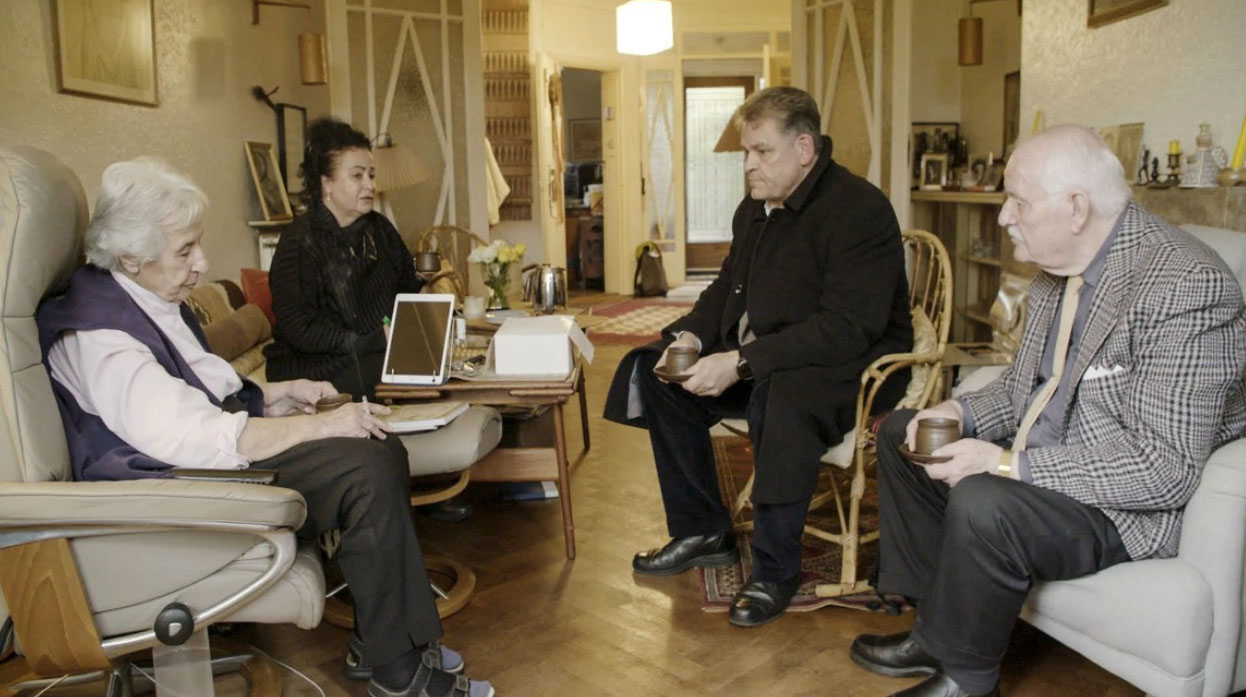It is a full-fledged coup, says the Morsi camp. It is the unlawful removal of a democratically elected President from power.
“Don’t call it a coup”, cry the supporters of the military, the opponents of the Muslim Brotherhood who are taking over Egypt. They know that labeling it a “coup” makes it mandatory for other nations to call for Morsi’s reinstatement.
So, is it a coup? The response of the American administration is cautious, as one would expect it to be at a moment like this. Its dilemma is not difficult to understand:
On the one hand, intellectual honesty makes it almost impossible not to call the recent events a coup. President Morsi was elected by a majority that was never in dispute; he intimidated the opposition, but didn’t get to a point of eliminating democracy; he was removed by the military – an institution that isn’t elected by the people; he was removed without much justification – there were demonstrations against him, and the opportunity was ceased by Morsi’s opponents.
In other words: when something looks like a coup and sounds like a coup – it’s a coup.
On the other hand, intellectual honesty isn’t always the best guide to international policy. What if a coup removes from power a problematic leader? What if a coup promises to strengthen a weak administration and make a country on the verge of chaos more governable? What if sticking to democracy leaves one with a result that is easy to defend but makes but harder to live with?
The new Egyptian dilemma is fascinating, but hardly a new one: think about the US having to learn to live with the 2006 emergence of Hamas as the leading political power in the Palestinian territories. On the one hand, the elections were supported by the US (amid objections raised by Israeli Prime Minister Ariel Sharon). On the other hand, the result was troubling. The Bush administration had a plan that “sought to undo the results of elections in the West Bank and Gaza in January 2006 which, to the chagrin of White House and State Department officials, saw Hamas win a majority of seats in the Palestinian legislature”. So, in Hamas’ case the US was supporting a planned coup (that never materialized), while deciding not to stick with a straightforward, and possibly too simplistic, definition of “democracy”.
One gets the impression that the Obama administration is preparing itself to travel the same route. It will choose acrobatic verbosity over intellectual honesty. Obama is quite good at this: he can make the case, he can be gymnastically elastic with his definitions of “democracy”, “election”, “coup”, “the will of the people”, and all other related key words. And he will do it for good reasons:
1. Because he can’t reinstate Morsi, even if he wants to.
2. Because new elections might provide Egypt with a better leader.
3. Because Morsi – even though he didn’t cause a lot of trouble for the US – wasn’t an effective leader for Egypt.
4. Most of all: because he has to stick with the victorious party, and right now the military is winning.
Think about the ousting of Mubarak – the ousting that Obama decided to back due to a lack of a better option. Think about the long period of hesitation and deliberation before the decision was made to let the Egyptians have their own way. The Obama administration was heavily criticized for the supposed “abandonment” of Mubarak, but it had few other options. Maybe it could have attempted to personally save him from the humiliation of arrest and trial. Possibly, it could have worked better with the military back then, to preserve a regime that is Mubarak-like or could have helped arrange for a better transition. It will not have a second chance at working with the military. Thus, if a similar process of a slow and deliberative abandonment of Morsi takes place in the coming weeks this should not come as great surprise.
The bottom line, crudely stated, is this: the Egyptian coup is not a “coup” because calling it a “coup” will only complicate something that is already complicated enough.























 More news and opinions than at a Shabbat dinner, right in your inbox.
More news and opinions than at a Shabbat dinner, right in your inbox.